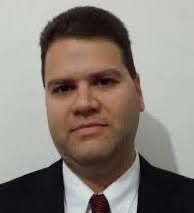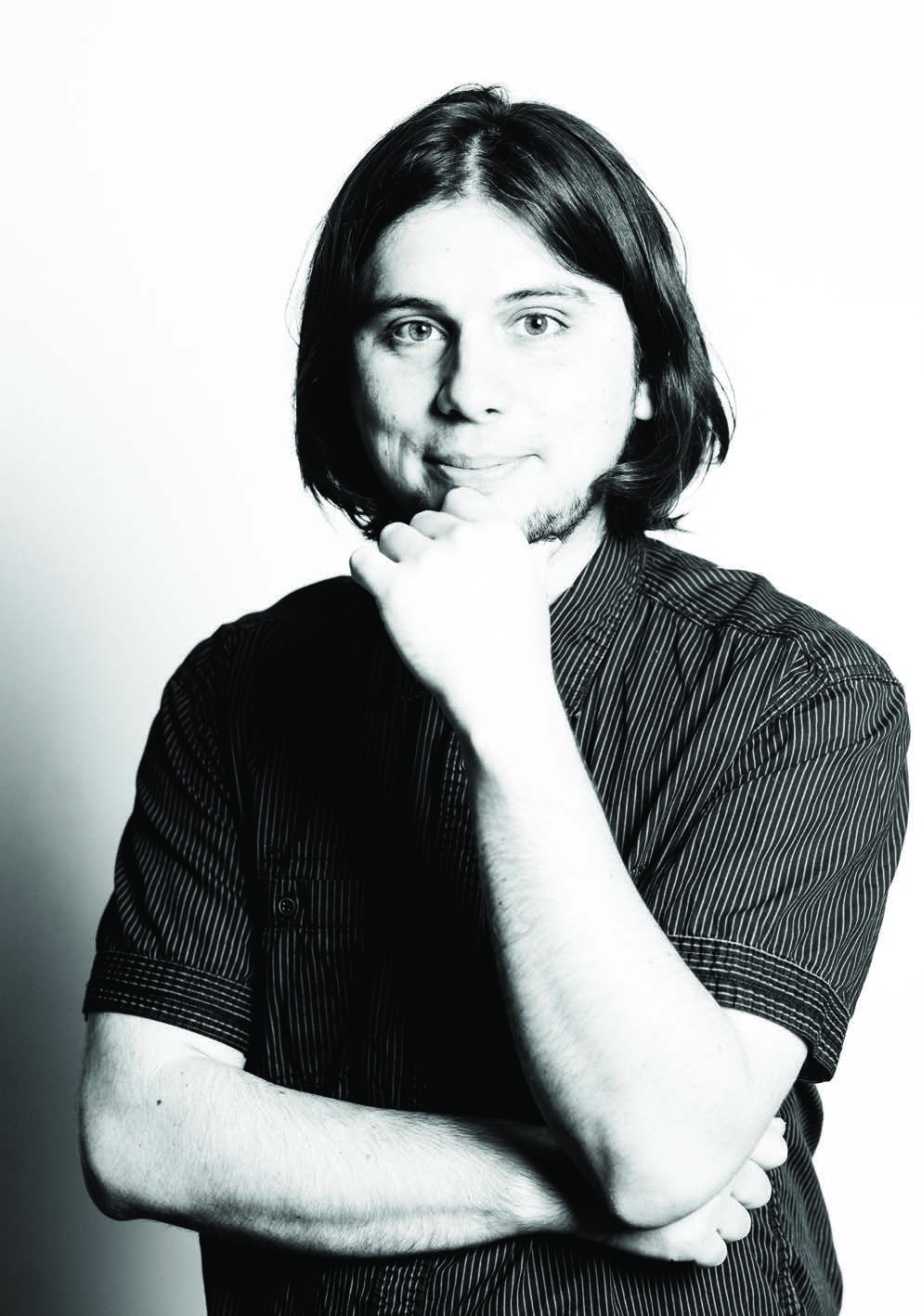TUTORIAIS
Continuous Software Engineering
Monday, November 9th, 2020, 10:00 - 11:30, Time-Zone GMT-3 (Curitiba-Brazil)
Chair: Monalessa Barcelos
Description:
Continuous Software Engineering (CSE) refers to a recent stem from Software Engineering, and its principles are rooted in Agile and Lean Software Development. In general, this tutorial addresses the principles and practices in the context of CSE, as well as the need for empirical and experimental studies regarding business strategy, development, and operations practices from a holistic view. The term "continuous" means that activities are performed in short, parallel cycles with constant pacing instead of discrete approaches usually observed in software engineering. This way, practices like Continuous Delivery, Continuous Experimentation, and Continuous Evolution impose and are constrained by the limitation of a continuous flow of features to be deployed, in an end-to-end perspective (from its conception until use). The investigation of such practices demands research methods, adapted from different areas or already established in the Empirical Software Engineering community, aiming at providing evidence on the potential benefits and drawbacks associated with continuous practices. Therefore, it is fundamental to reflect on technology development to support these practices targeting a concrete and effective transfer to the software industry.
Instructor:
 |
Breno Bernard Nicolau de França is a professor at the Computing Institute (UNICAMP) and coordinator of the LASER research lab (Laboratory for Software Engineering and Reliability), conducting research on Empirical Software Engineering, Lean and Agile Software Development, Software Architecture, and Computer Simulation. He got his Ph.D. in Systems Engineering and Computer Science at COPPE/UFRJ, where Breno also concluded a Postdoctoral fellowship. He got his master and a bachelor's degree in Computer Science at Universidade Federal do Pará (UFPA). Over the years, Breno had several collaborations with public and private organizations in the context of Research & Development for technology acquisition, evaluation, and transfer supported by experimental methods, software process improvement, and Software Engineering education and training.
Pensando (e fazendo) software com design thinking
Monday,November 9th, 2020, 13:30 - 15:00, Time-Zone GMT-3 (Curitiba-Brazil)
Chair: Luca Cernuzzi
Description:
Design thinking é uma abordagem contemporânea para inovação que leva o pensamento da disciplina de Design para outras áreas de atuação, como a Engenharia de Software. Embora tenha atraído a atenção para a importância de processos e espaços criativos no desenvolvimento de software, esse modo de "pensar através do fazer" ainda representa uma ruptura com o "fazer através do pensar" típico da Engenharia de Software. Este tutorial se propõe a relacionar, na prática, os pensamentos projetuais dessas duas disciplinas, demonstrando um caminho possível para a interdisciplinaridade. Serão experimentados métodos como Lego Serious Play, Projeto Baseado em Padrões, Pensamento Visual e Programação Criativa.
Instructor:
 |
Frederick van Amstel é professor de Design de Experiências da UTFPR e pesquisador pós-doc no PPGIA da PUCPR. Seu blog Usabilidoido é uma referência na área de usabilidade e experiência do usuário há mais de 15 anos. Além de dar aula em várias universidades, Frederick já colaborou em projetos com empresas como Electrolux, Bosch, Renault, Copel e InfoGlobo. Sua pesquisa de pós-doc investiga como e por que o ateliê de projetos expande a criatividade e a colaboração no desenvolvimento de software. Frederick é graduado em comunicação (UFPR), mestre em tecnologia (UTFPR) e doutor em design (Universidade de Twente).
Mineração de Processos: descoberta automática de modelos de processos a partir de dados baseados em eventos
Tuesday,November 10th, 2020, 10:00 - 11:30, Time-Zone GMT-3 (Curitiba-Brazil)
Chair: Andreia Malucelli
Description:
O que é a mineração de processos? A mineração de processos é uma disciplina analítica que fornece ferramentas computacionais para descobrir, monitorar e melhorar processos reais, extraindo conhecimentos dos logs de eventos prontamente disponíveis em sistemas de informação. A mineração de processos também permite obter informações factuais objetivas derivadas de logs de eventos reais que ajudam a auditar, analisar e melhorar processos de existentes, permitindo avaliar conformidade e desempenho. Este tutorial se propõe mostrar, na prática, como descobrir automaticamente modelos de instâncias de processos, verificar conformidade e gerar informações de suporte operacional.
Instructor:
 |
Deborah Ribeiro Carvalho tecnóloga em processamento de Dados; mestre (1999) e doutora (2002) em Informática Aplicada pela PUCPR; e doutora (2005) em Computação de Alto Desempenho pela UFRJ (COPPE). Professora adjunto e pesquisadora permanente no Programa de Pós-graduação em Tecnologia em Saúde na PUCPR; professora colaboradora e pesquisadora no Programa de Pós-graduação em Gestão da Informação na UFPR. Experiência na área de Ciência da Computação, atuando principalmente nos seguintes temas: Mineração de Dados, Mineração de Processos, Gestão em Saúde e Inteligência Artificial.
How to use the GenderMag Method to find gender-inclusiveness issues in software (English)
Friday, November 13th, 2020, 13:30 - 15:30, Time-Zone GMT-3 (Curitiba-Brazil)
Chair: Sheila Reinehr
Description:
At its core, GenderMag pinpoints ways software and IT (eg, web sites) can be intolerant of certain problem-solving styles — especially styles favored by many women. To learn GenderMag by doing, in this tutorial we’ll work together to do a GenderMag evaluation on a system I’ll provide — one that is in wide use in universities.
Structure:
- Introductions, introduction to GenderMag, assign roles.
- Work with several other attendees to evaluate one or two use cases in a “learning-ware” software product in wide use in universities. Dr. Burnett will coach, answer questions, and help out as needed along the way.
- Debriefing, Q&A, wrap-up.
Prerequisites: None. The method is intended for anyone who has any role creating or evaluating software, and does not require a background in HCI or in gender studies.
Language: English
Suitable for: Industry, Faculty, Students
What you’ll learn/take away:
* You’ll learn how to use the GenderMag method.
* You’ll learn about five cognitive facets that provide insights into how to support diverse problem-solving approaches that often cluster by gender.
What to have with you when the tutorial begins:
* Bring either PRINTOUTs of Abi (click here to download) and Tim (click here to download) or, if you have 2 screens in your working environment, be ready to use all of one screen to keep Abi or Tim permanently on display, and to use all of the other screen for the GenderMag session.
Instructor:
 |
Margaret Burnett is a Distinguished Professor at Oregon State University. She began her career in industry, where she was the first woman software developer ever hired at Procter & Gamble Ivorydale. A few degrees and start-ups later, she joined academia, with a research focus on people who are engaged in some form of software development. She was the principal architect of the Forms/3 and FAR visual programming languages, and co-founded the area of end-user software engineering, which aims to improve software for computer users that are not trained in programming. She pioneered the use of information foraging theory in the domain of software debugging, and leads the team that created GenderMag, a software inspection process that uncovers gender inclusiveness issues in software from spreadsheets to programming environments. Burnett is an ACM Fellow, a member of the ACM CHI Academy, and an award-winning mentor. She has served in over 50 conference organization and program committee roles. She is also on the Academic Alliance Advisory Board of the National Center for Women & IT (NCWIT).




